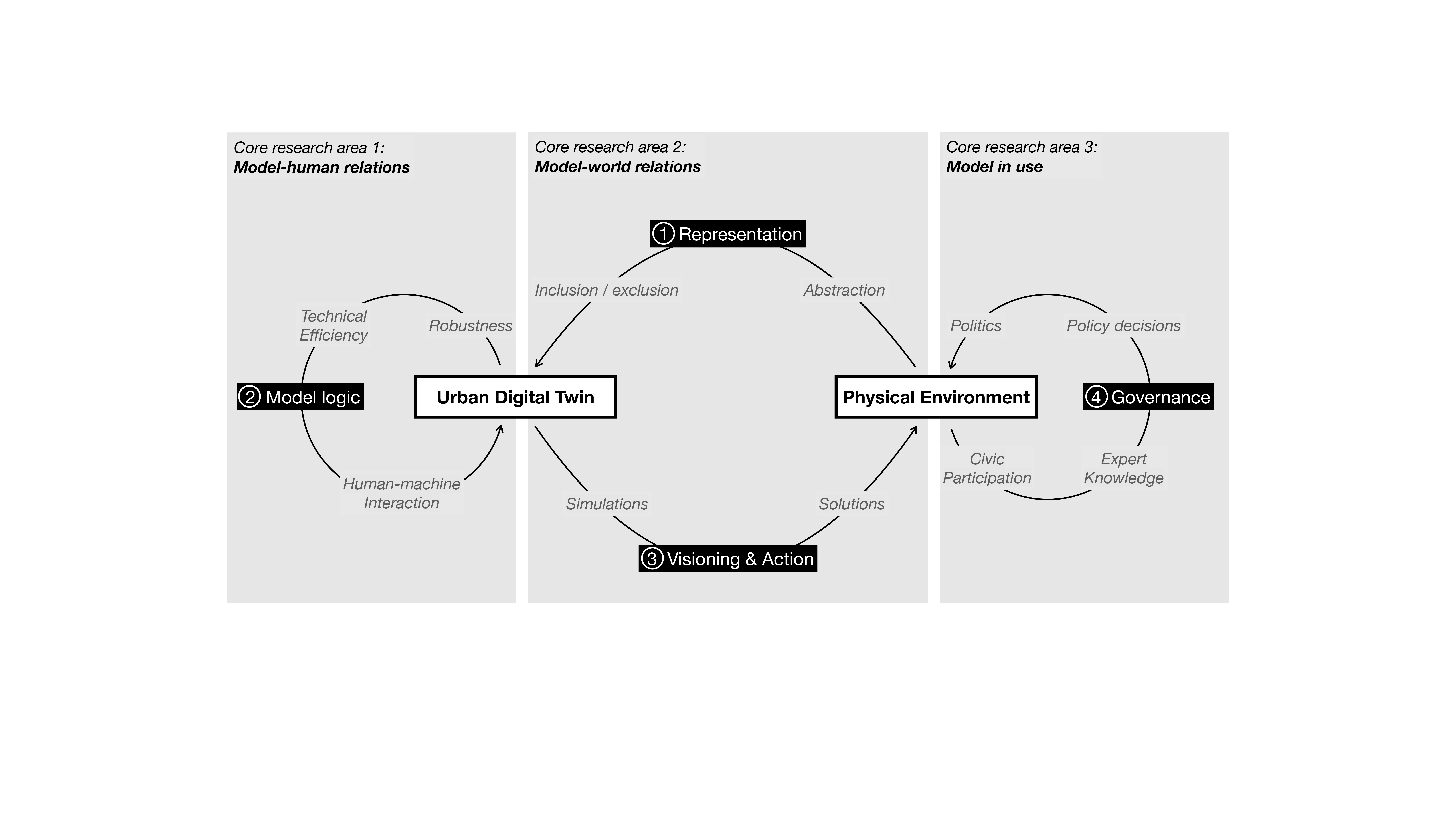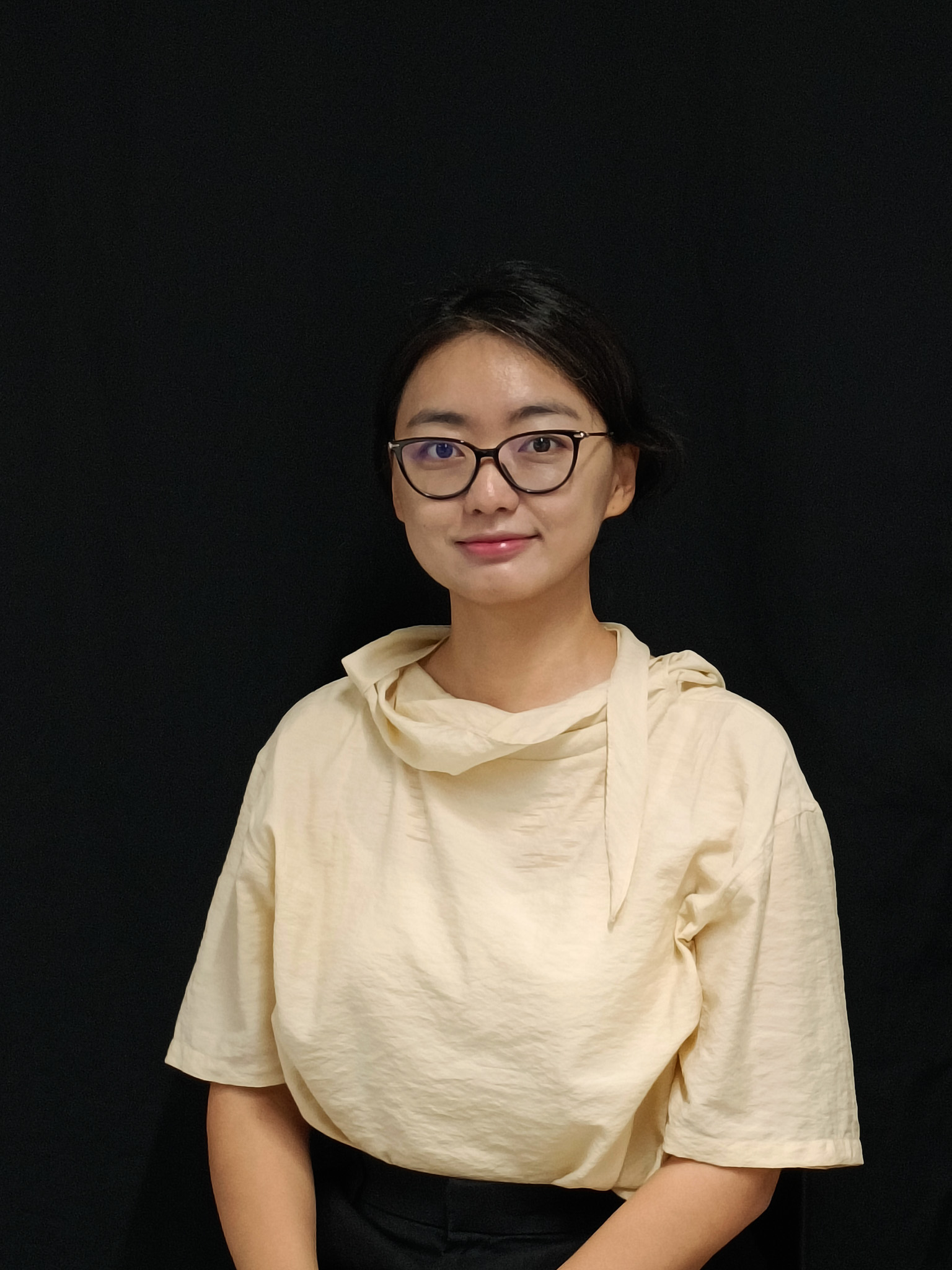AHN Chaewon
Assistant Professor (Tenure Track)
Assistant Professor Chaewon Ahn is an urban researcher who studies the relationship between social systems and the built environment using urban data and analytical frameworks.
Her research interests are formed through academic and professional experiences in architecture, urban design, data visualisation, and urban studies. Her research focuses on social networks and communities in cities; their relationship to the structure of the built environment; and the influences of urban planning programmes that engage them. She uses analytical skills to conduct data driven analysis that primarily focuses on big data, participatory data collection, spatial analysis and social network analysis to expose persistent issues of power in urban development processes.
Trained as an architect, urban designer and data visualisation designer, Asst Prof Ahn holds a PhD in Urban and Regional Planning from Massachusetts Institute of Technology (MIT), and a Master’s degree in Architecture and Urbanism from MIT. She has worked with various research laboratories at MIT including the Leventhal Center for Advanced Urbanism, the Civic Data Design Lab, the MIT Election and Data Science Lab, the JTL Urban Mobility Lab and the Senseable City Lab.

Urban digital twin models (UDTMs) are rapidly developed by urban authorities as they are seen as a compelling digital representation of the environment that can simulate potential solutions to urban problems. The urban application of the digital twin concept introduces the need to critically unpack UDTMs from its development to use. Despite new developments in UDTMs, three persistent challenges are identified: 1) the oversimplification of the complex urban context, 2) the exclusion of socio-economic and cultural urban knowledge, and 3) the legitimacy of UDTMs in inclusive decision making and citizen engagement. This paper proposes a new field of study for UDTMs, critical urban informatics, which questions the epistemology of urban informatics and the knowledge it generates towards a productive intervention for the currently highly technical UDTM practice. The paper proposes three core research areas and related questions: the model-human relations, the model-world relations, and the model in use. We further argue for a situated interpretation of UDTMs to better understand them and reconstruct them as an effective and inclusive tool for smart urban futures.
